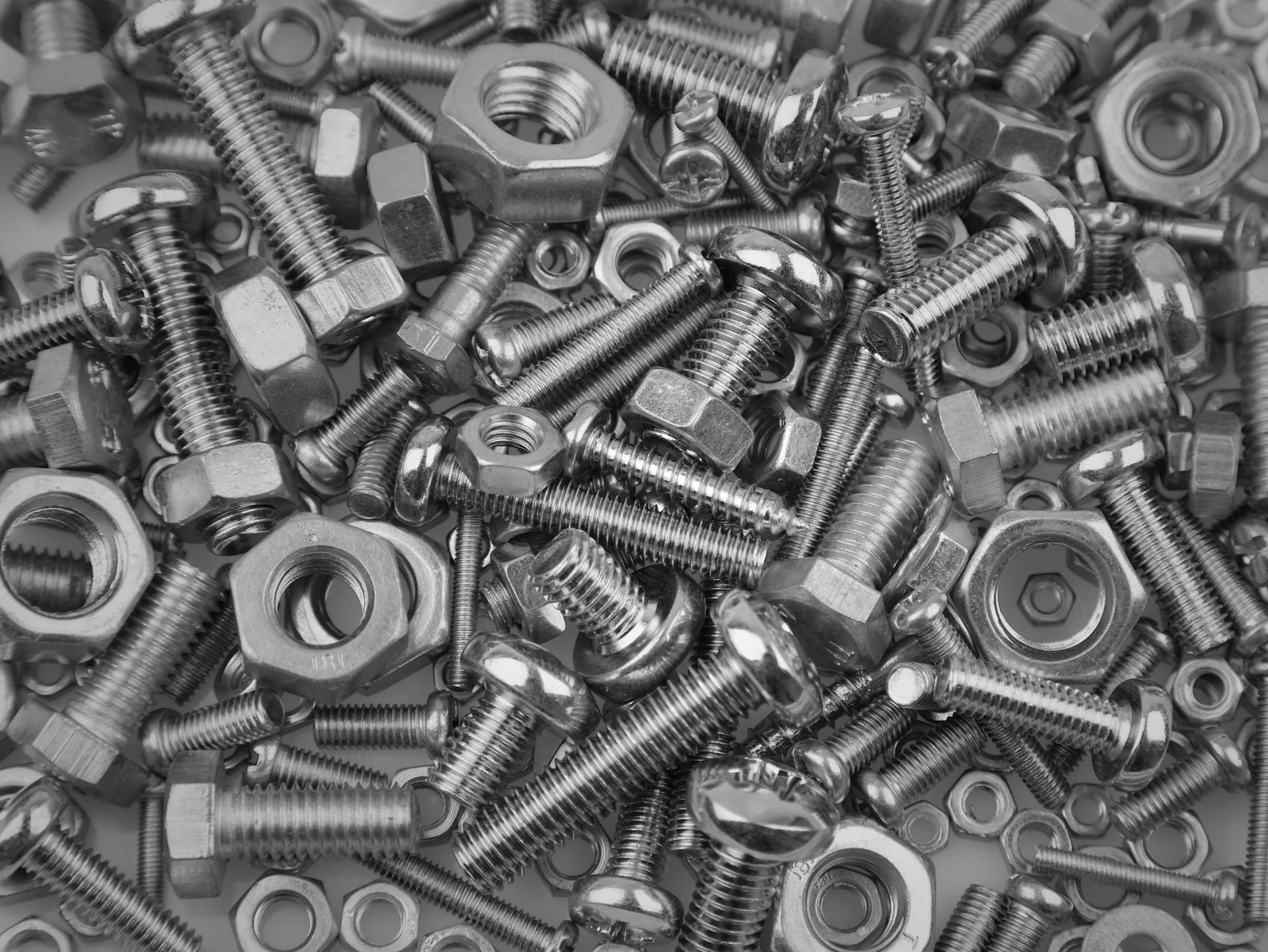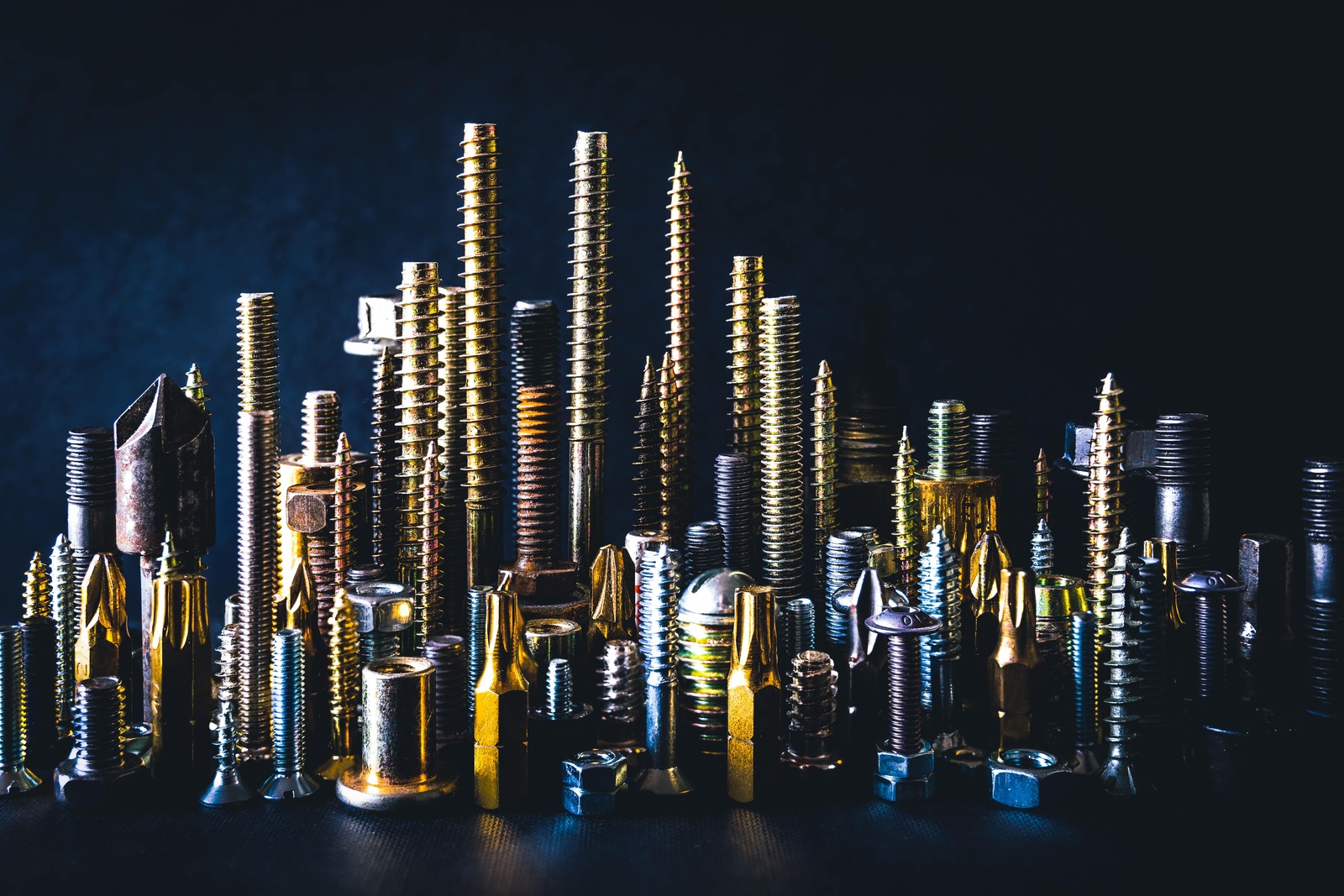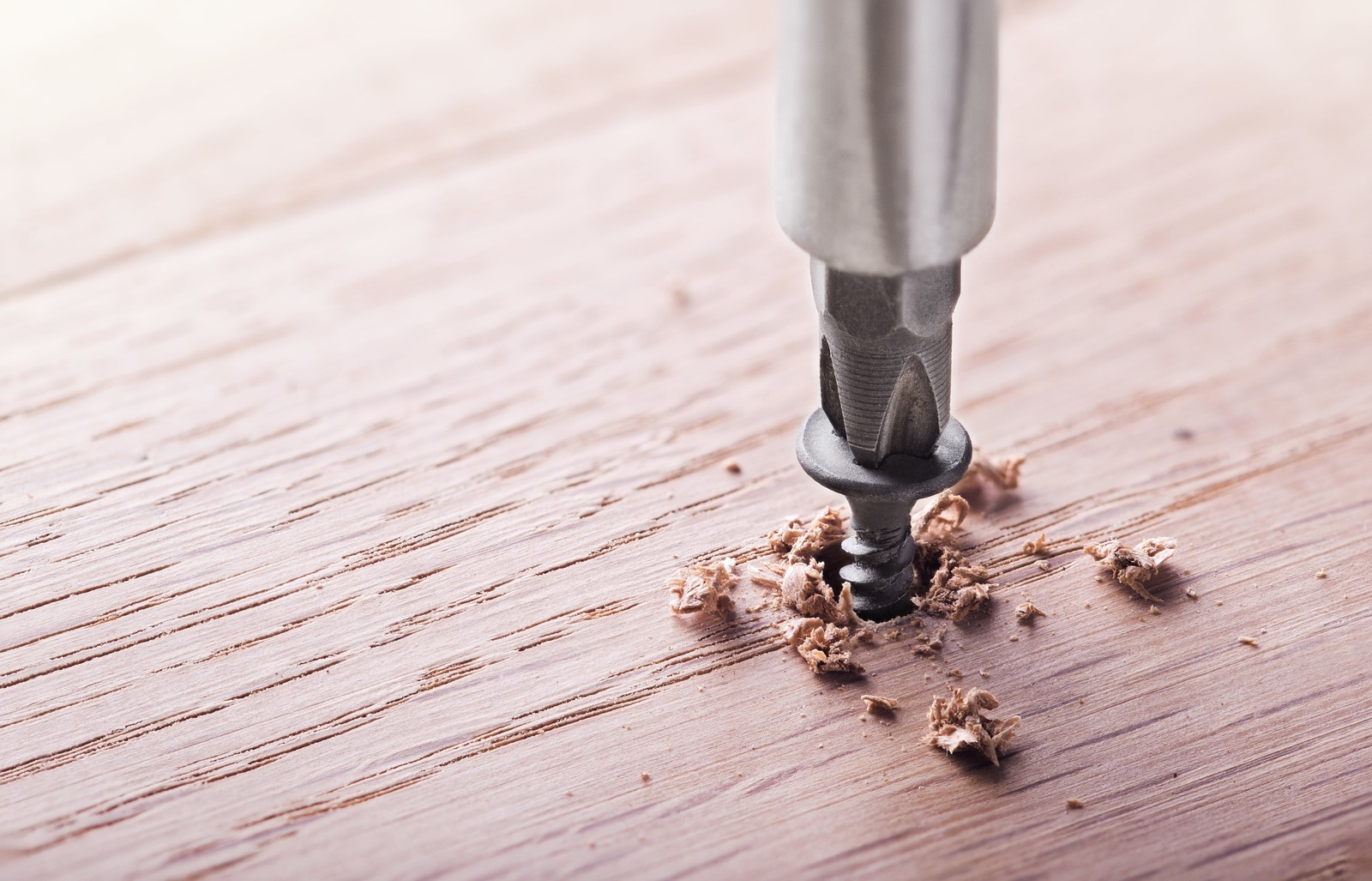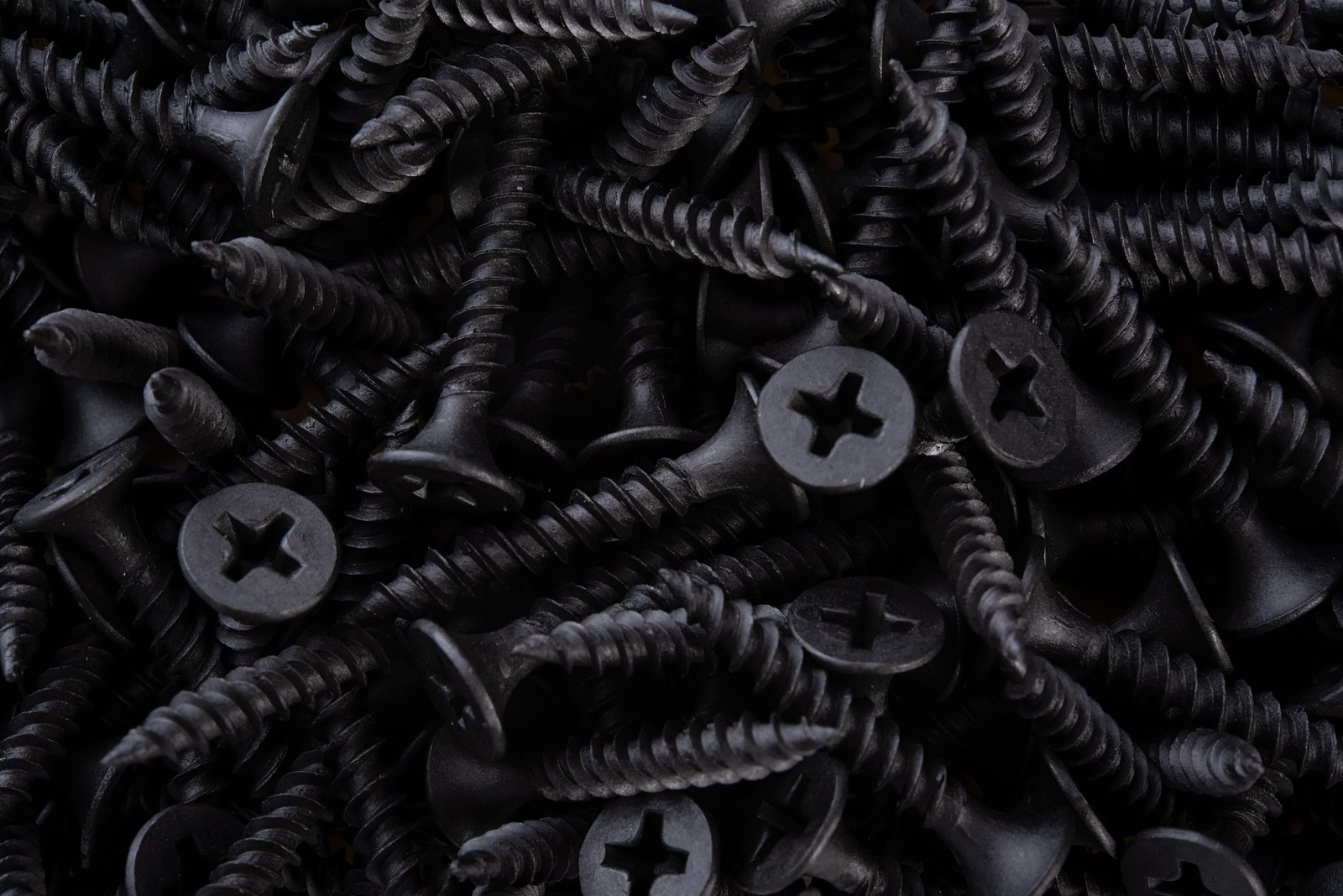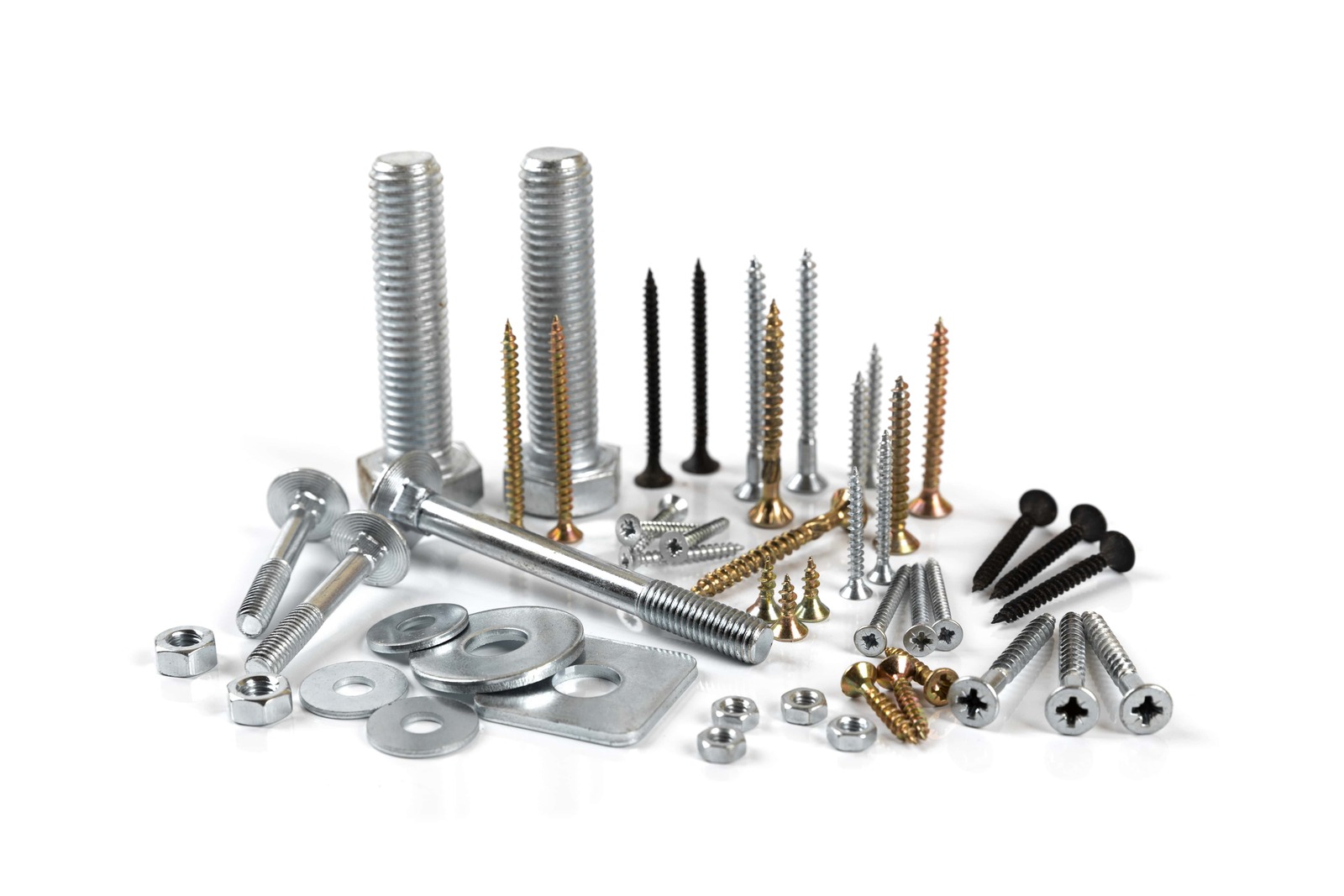When To Use Bolts and Screws
Fastening two or more objects together might seem like a simple task, but choosing the right fastener for the job is crucial for ensuring a strong and secure bond. Bolts and screws are both popular choices for fastening, but each has its own unique characteristics and applications. In this blog, we will delve into the world of fasteners and explore when to use bolts and when to use screws.
Here at RCF Bolt & Nut, we’re experienced industrial fastener suppliers and manufacturers in the UK, who have been providing a huge variety of bolts and screws to our customers for many years now. We know that when it comes to deciding between bolts or screws, the choice may not be immediately obvious. Luckily for you, our team has created this helpful guide to highlight the best times to use both bolts and screws so you can make an informed decision.
Bolt Vs. Screw: What’s the Difference?
Bolts and screws are both types of fasteners that are used to hold two or more objects together. However, they have some key differences in terms of their design and application. While bolts are the heavyweight champion of fasteners, able to withstand immense stress and force, making them the perfect choice for heavy-duty applications like construction and manufacturing, screws are the sleek and subtle option. They have a pointed tip and threads running the length of the shaft, easily inserted into pre-drilled holes and tightened with a simple twist. Keep reading below for more information on bolts and screws.
The Mighty Bolt
Bolts are designed to be used with a nut, which creates a strong clamping force when tightened. This makes them ideal for applications that require high levels of stress and force, such as construction, manufacturing, and automotive. For example, when building a house, bolts are often used to hold together the framing and when assembling a car, bolts are used to hold the engine and transmission. Bolts are also preferred when the joint needs to be disassembled frequently, as they can be easily removed and reassembled.
Different types of bolts include carriage bolts, hex bolts, and U-bolts. Carriage bolts have a smooth, rounded head and are typically used in woodworking applications. Hex bolts have a six-sided head and are often used in industrial and mechanical applications. U-bolts have a U-shaped design and are often used to secure pipes and other cylindrical objects.
The Versatile Screw
Screws, on the other hand, are designed to be used without a nut. They are inserted into a pre-drilled hole and tightened using a screwdriver or power tool. Screws are often used in woodworking, furniture making, and other applications where a strong bond is required but disassembly is not necessary. For example, when building a bookcase, screws are used to hold the sides and shelves together, and in furniture making, screws are used to hold legs to tables and chairs. Screws are also preferred when aesthetics are important, as their heads are usually smaller than those of bolts and can be hidden more easily.
Different types of screws include wood screws, machine screws, self-tapping screws, and drywall screws. Wood screws are commonly used in woodworking and furniture making, while machine screws are used in a variety of industrial and mechanical applications. Self-tapping screws are used to create threads in materials that do not have threads, while drywall screws are specifically designed for use in drywall.
Strength and Durability:
Bolts are generally considered stronger and more durable than screws, due to their ability to withstand higher levels of stress and force. This makes them ideal for applications where strength and durability are the primary concerns, such as construction and manufacturing. Screws, on the other hand, are more versatile and can be used in a wide range of applications, including woodworking, furniture making, and home repairs.
Aesthetics:
Screws are often preferred when aesthetics are important, as their heads are usually smaller than those of bolts and can be hidden more easily. For example, when building a piece of furniture, screws are often used to join the legs to the tabletop, as their heads can be countersunk and sanded smooth for a seamless look. In contrast, bolts are typically used in applications where aesthetics are not a primary concern, such as construction and manufacturing.
Installation:
Another factor to consider when choosing between bolts and screws is the ease of installation. Bolts typically require a nut to be tightened, which can be time-consuming and requires more tools. Screws, on the other hand, can be easily inserted into a pre-drilled hole and tightened using a screwdriver or power tool. This makes them a more convenient option for quick repairs and DIY projects. For more strength and structure, the importance of washers cannot be understated – offering a more stable surface to distribute tension.
To find out more, contact our team at RCF Bolt & Nut today!
If you’re looking to arrange a delivery of carefully crafted bolts, nuts, or more for your project, make sure you make RCF Bolt & Nut your number one choice! Having provided our customers with highly durable, industry standard supplies for many years now, we are confident that we will have exactly what you need! Contact us today to chat with a member of our team!
